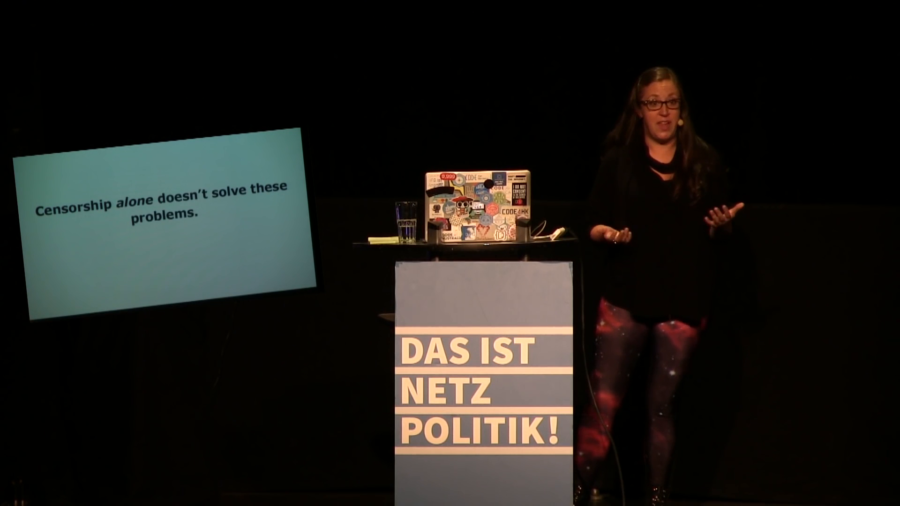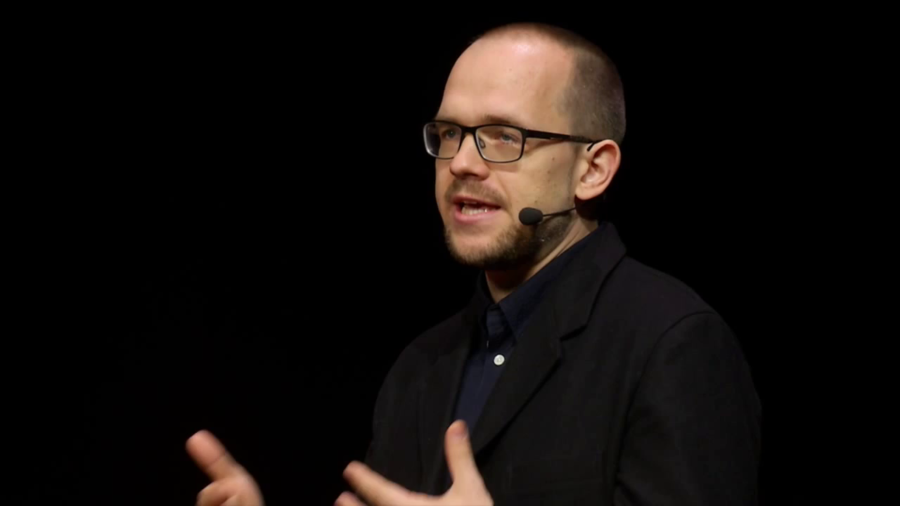A lot of the topics that we’re trying to “tackle” or trying to deal with on the Internet, we’re not actually defining ahead of time. And so what we’ve ended up with is a system whereby both companies, and governments alike, are working sometimes separately, sometimes together, to rid the Internet of these topics, of these discussions, without actually delving into what they are.
Archive (Page 5 of 8)
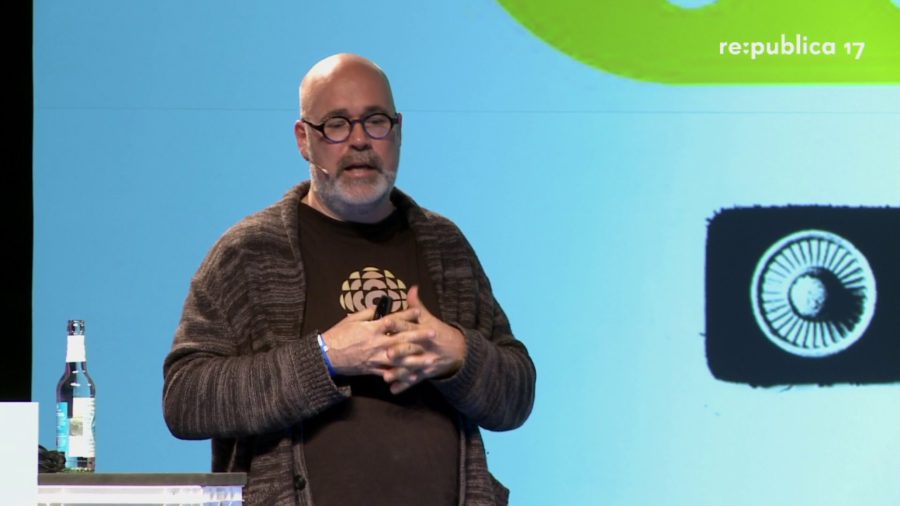
This is a moment to ask as we make the planet digital, as we totally envelop ourselves in the computing environment that we’ve been building for the last hundred years, what kind of digital planet do we want? Because we are at a point where there is no turning back, and getting to ethical decisions, values decisions, decisions about democracy, is not something we have talked about enough nor in a way that has had impact.
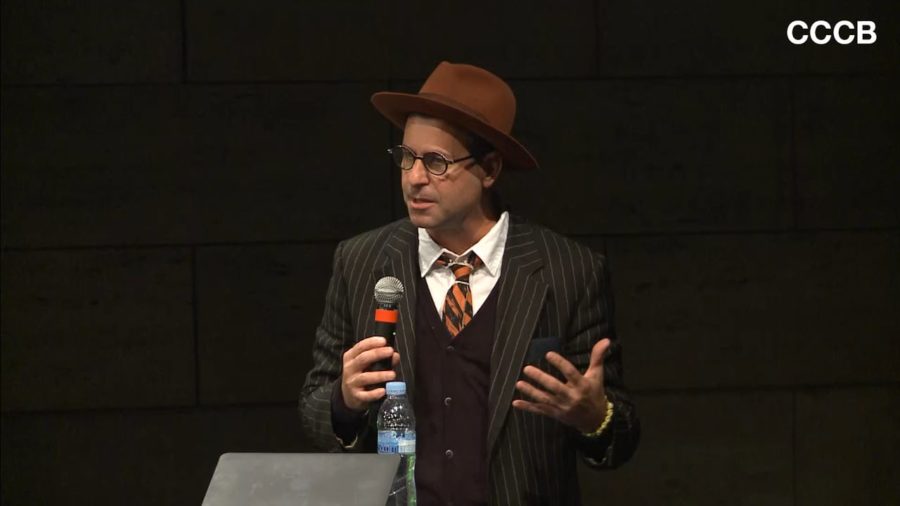
I think that what I want to say is that the polemics around the discourse of the Web are too binary. I think that one of the problems that we have in theorizing the Web is that we tend to moralize it in binaries. I get it. It’s bad. The Web is bad for you. Or the sort of free culture is always like, “It’s really good. It’s great. Free culture is great.” It’s neither.
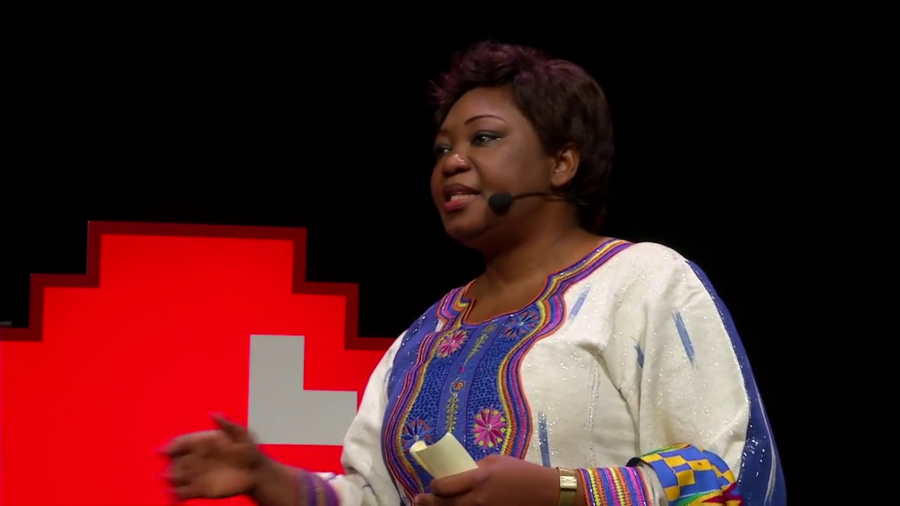
In Europe, there are about fifty-odd countries, and about 725 million people. That’s about the population of Europe at the moment. What’s the largest country in Europe in terms of population? Russia is. Russia has about 144 million, 145 million. But Nigeria has more than 170 million, and there are only about 40% of Nigerians who are connected.
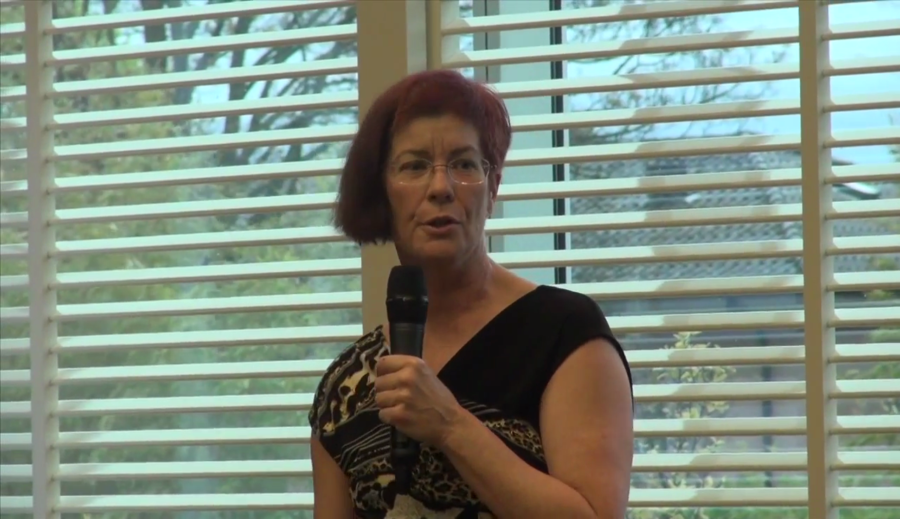
The thing that always amazed me about [the Internet] is that it was just there. It wasn’t a giant announcement. It wasn’t a person. It wasn’t an organization. It was just there.
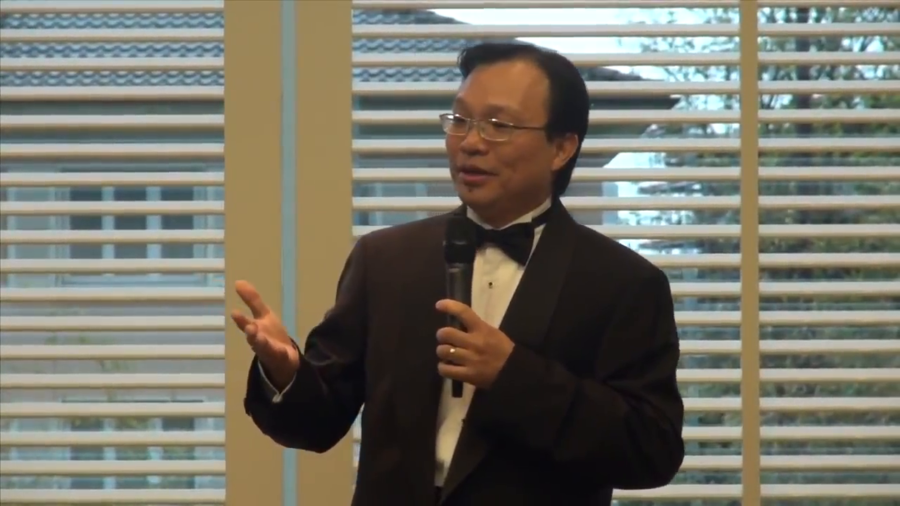
I feel so undeserving, and as they say, them more you reward the undeserving the harder they will work in the future. So I have a lot of work cut out for me going ahead in the future.
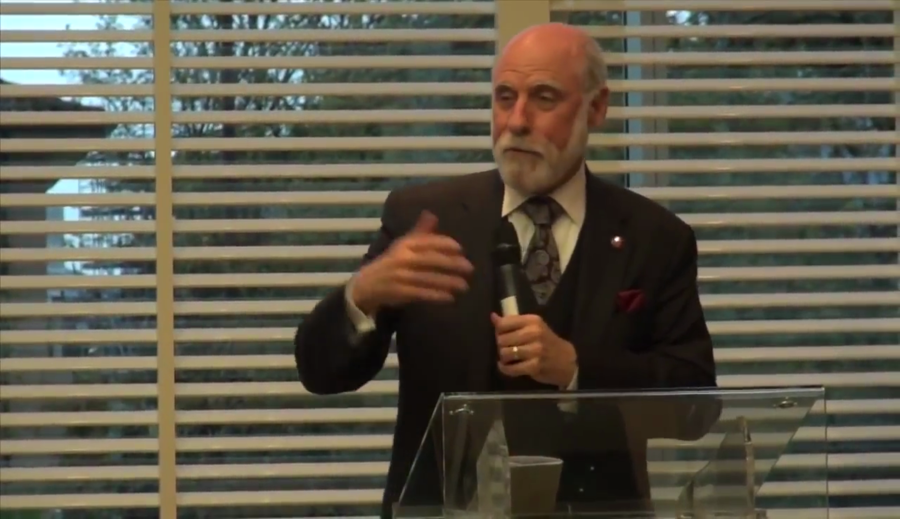
You know, I got to thinking about—Tan Tin Wee beat me to this analogy but I’m going to use it anyway. If the ARPANET created atoms, then the Internet created molecules. And Tim Berners-Lee created DNA. And after that, it was just life in all its variations. So now I finally figured out, what is it that …read the full transcript.
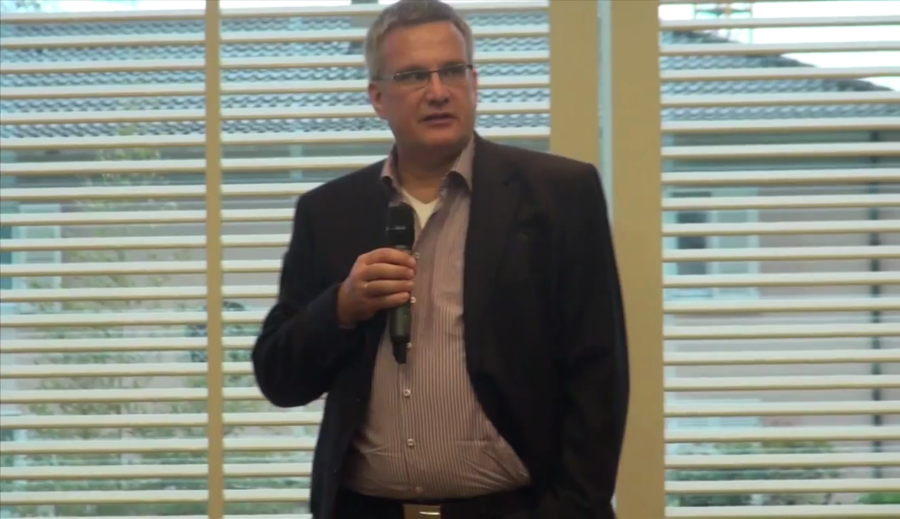
In 1992…I had a plan. And that plan was to set up the first regional Internet registry, and in April 1993 to be done with the Internet and move on to the next interesting thing.
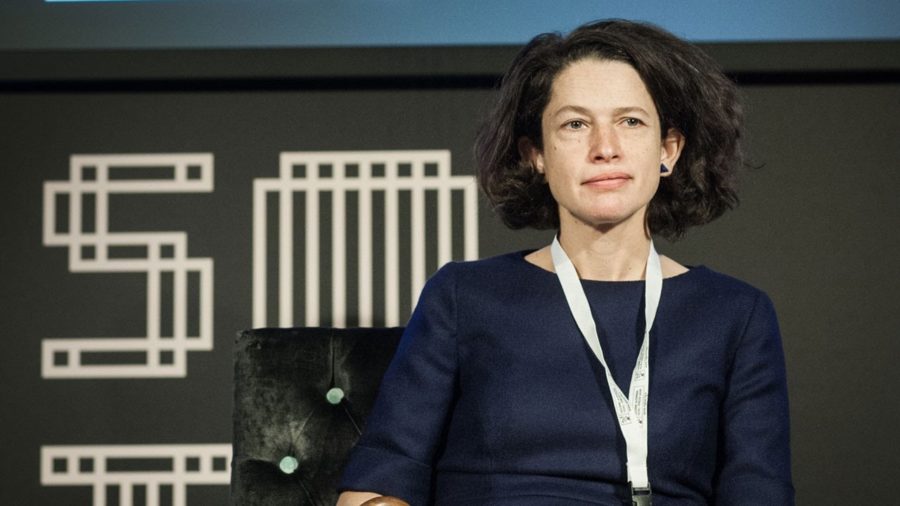
I’m going to argue today that even while we know post-truth politics is having a terrible effect on our political culture and our role as citizens, it’s curiously difficult to combat it because of a set of beliefs about what politics is, and about the Internet and the way it enables ordinary people to have a voice. And these beliefs intersect with a prevailing anti-intellectual anti-elitism which associates knowledge, discernment, and truth with snobbery and power.

